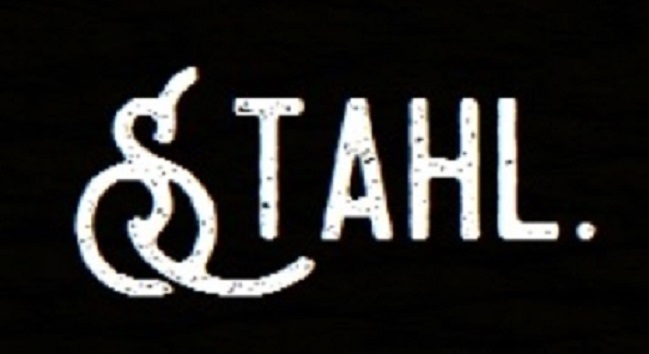At least since about two decades, the ‘New Cultural History’, its discourse being initiated by the eponymous volume edited by Lynn Hunt and Aletta Biersack in 1989, became the most influential way of writing history in academic contexts. Today, history is predominantly regarded as cultural history. This is very important, it made us acknowledge the enormous importance of cultural discourses, of all the practical, textual, visual, sensual and cognitive ways of how humang beings constructed and deconstructed meaning in history.
On the other hand, this development made the notion of ‘culture’ seemingly become a ubiquitous one: supposedly, all epochs, all space and time of human history, from ancient Greek and Roman history up to our postmodern era of European integration and 21st century globalization, are gazed at through the paradigmatical lens of culture. In a nutshell, ‘culture’ has become a notion which needs to be exactly defined as a theoretical tool, as a basic foundation of historical writing in academia.
This holds true for the discourse of Metal Music Studies, too. Since the year of 2014, with the first publication of the eponymous journal, the research on Metal has grown enormously – as an own field of scholarship. However, this debates still lack texts, essays and monographs from the perspective of trained historians and cultural historians. This is the point where my blog comes in.
I want to provide an – of course very limited – hub for cultural historical writing and musings on Metal music. I do write blog posts on the cultural history of Metal, from the perspective of a historian with expertise in European cultural history, on a regular base. This should augment the field and start mapping the mentioned gap in research.
At the same time, this is an invitation to anybody interested in the cultural history of metal – scholars, journalist, fans, musicians – to discuss this history. We all are part of it and thus should discuss its narrative passionately to better reflect its importance or non-importance in our current ‘postfactual’ condition.
Graz, March 23rd 2017 Dr. Peter Pichler
